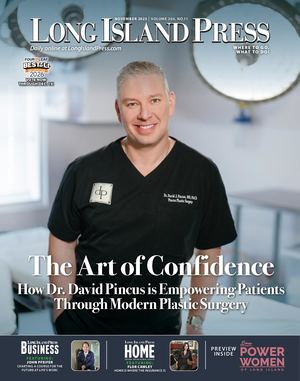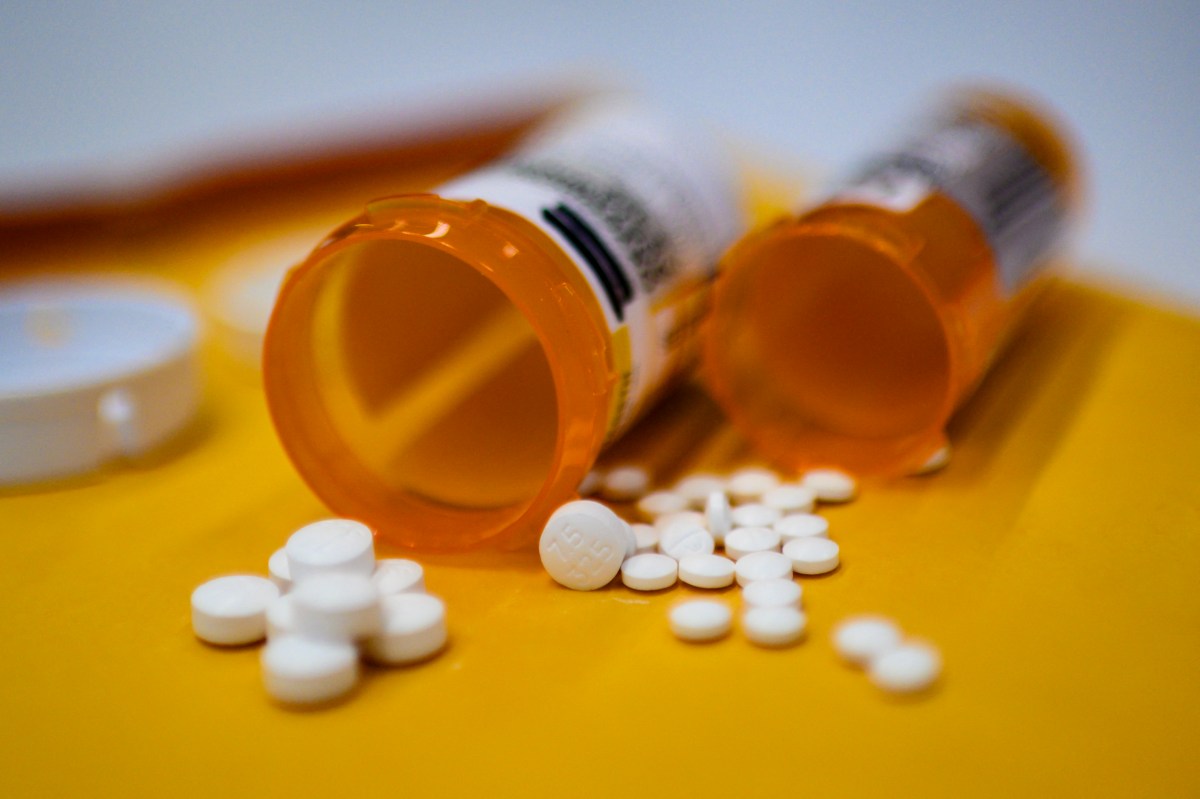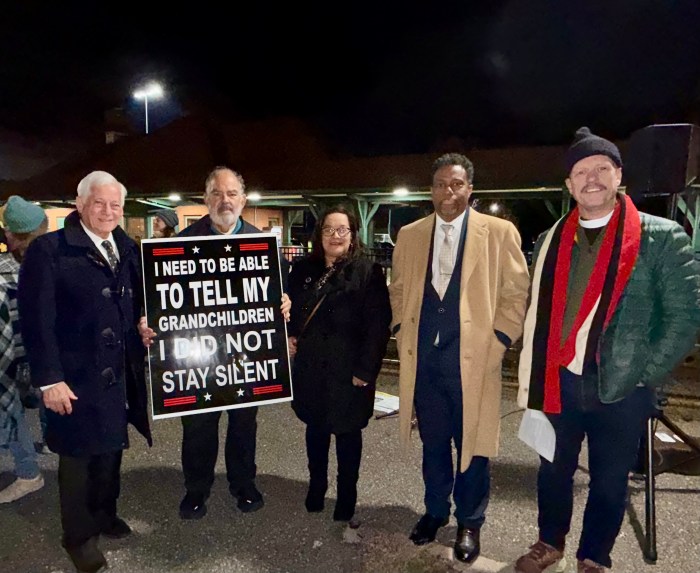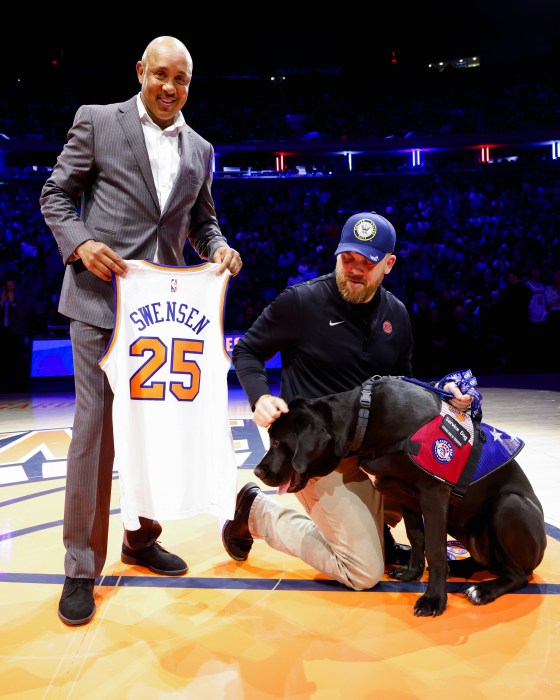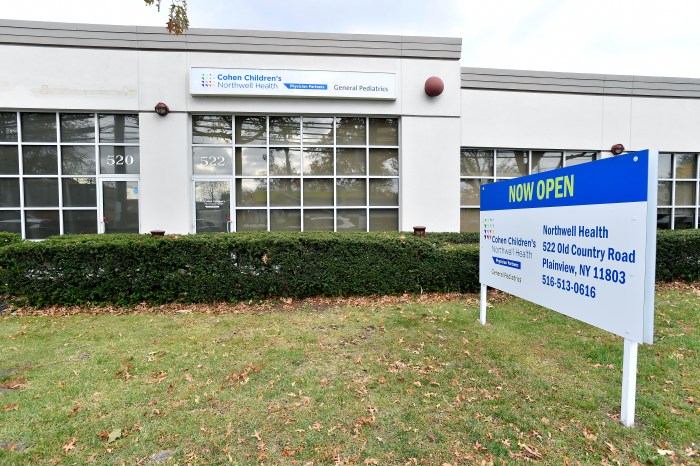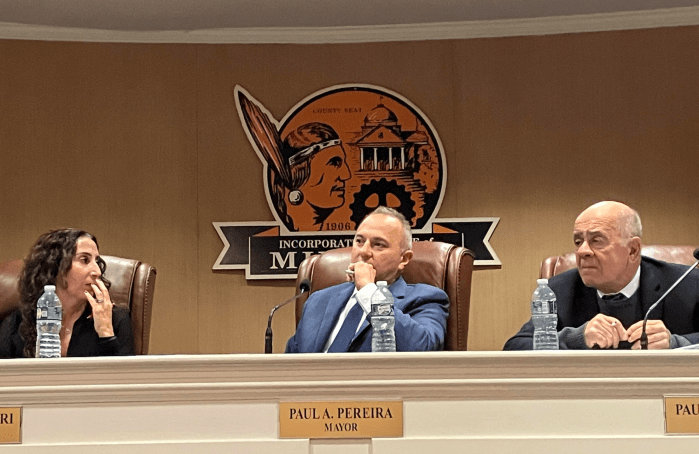This story is the fourth in a series by Schneps Media Long Island on the opioid crisis in Nassau County.
The Long Island Council On Alcoholism and Drug Dependence has been addressing substance use disorder for nearly 70 years, but that fight is not stopping, nor is the intensity of the fight lessening.
If anything, the need for the organization’s services has grown.
“I think we’re still in the midst of this fight,” LICADD Executive Director Steven Chassman said.
The Long Island Council On Alcoholism and Drug Dependence, commonly referred to as LICADD, is on the frontlines of combatting substance abuse disorder.
Drugs come in trends, Chassman said, but are driven by external factors. Chassman said what’s fueling drug use today are the effects of the COVID-19 pandemic and many people being isolated and separated from their support systems, as well as other intensified life stressors.
“Opioids were created for pain, but not just physical pain,” Chassman said. “You know what else they anesthetize? Emotional pain.”
LICADD is seeing a rise in the number of individuals utilizing its services, Chassman said.
“Maybe one day we get to go out of business because there’s no client, but that’s not happening any time soon,” Chassman said.
LICADD works to combat all facets of opioid use to prevent overdoses and deaths.
Chassman categorized the causes of overdose deaths into two sections: substance-use disorder and fentanyl poisoning.
Poisoning is caused by the unknown presence of fentanyl in drugs, oftentimes leading to the person unknowingly consuming the drug to overdose and sometimes die. This has occurred locally on Long Island, taking the lives of individuals who thought they were taking a drug that was not laced with fentanyl.
“The fact that fentanyl has infiltrated the national drug supply, pressed pills that are identical to pharmaceuticals, has made an already tragic public health crisis all the more lethal,” Chassman said.
About one or two people every day overdose on Long Island, Chassman said.
LICADD’s approach to addressing substance use disorder is layered. The beginning starts with education and prevention.
Their education initiatives include the Student Assistance Program, which partners with local schools to talk with students about the potential dangers of substance use. He said the intention is to equip students to make healthy choices.
The next layer is screening, brief intervention and referral to treatment.
This typically involves individuals in crisis, such as those seeking detox, inpatient, and outpatient treatments. Individuals can call LICADD’s 24/7 hotline at (631) 979-1700 for assistance in connecting with these programs.
Just like any medical condition, substance use disorder progressively worsens when untreated, Chassman said.
“We say in the field, substance use disorder left untreated creates three outcomes: jails, institutions, and, for over a quarter million Americans last year with alcohol and opioids, deaths,” Chassman said.
Intervention techniques provided include traditional drug interventions. While not like what you see on TV, Chassman said they involve a licensed and certified interventionist who facilitates interventions for families.
The final layer is recovery.
Recovery, also called relapse prevention, includes promoting healthy habit-building and developing support systems.
However, this step in approaching the crisis is not exclusive to those in recovery. Also aided are families grieving the loss of a loved one through support groups and grief counseling.
In fact, families and loved ones of people in addiction are integrated through all of LICADD’s steps, Chassman said.
“Every service we’ve ever offered for the individual user, we mirror for the family because we’ve always known this is a family disease,” Chassman said.
The drug crisis does not just afflict drug users and their families. Chassman said its an epidemic of the entire community.
“These are future teachers, future journalists, future social workers, future grocers – people that probably wanted to grow up and be very productive members of society,” Chassman said. “So we’ve all lost something with the drug crisis.”
What is always committed in their services, though, is shame, Chassman said.
“We don’t kill our wounded,” Chassman said. “Human beings are fallible and life can be difficult and we’re all looking for relief.”
He said that while stigma is eroding, it is still very much present, and more needs to be done to combat this crisis.
Ways in which their action can be strengthened include education and prevention in every school, Chassman said.
What also needs to be done, he said, is providing longer treatment stays – typically a barrier due to insurance restrictions. Typical effective treatment stays range from one to three months, Chassman said, yet oftentimes insurance companies will only cover about two weeks.
Instead of in treatment, Chassman said drug users are often found in jails and prisons – what he called the largest housing provider for people with mental health conditions.
So LICADD is also in the local jails where they provide support for incarcerated individuals with drug use disorder.
“This is about life and death,” Chassman said. “We’ve lost too many good Long Islanders, new Yorkers and Americans that aren’t coming back.”
Read more from this series:
Turning pain into purpose: Mother takes OD prevention into own hands after son’s death
Glen Cove grandmother channels grief into drug overdose prevention advocacy
Local leaders look to solutions to aid Nassau County’s opioid crisis
